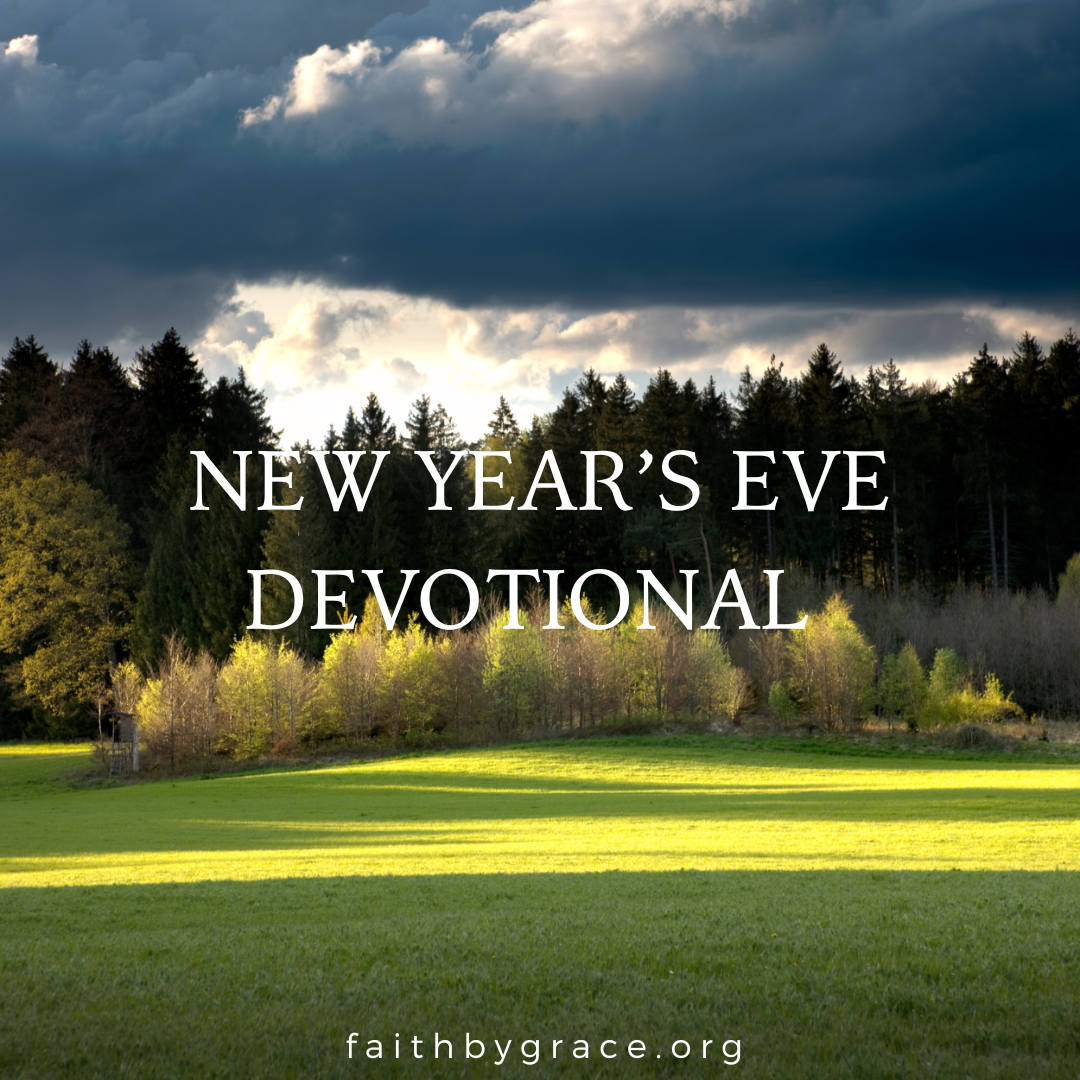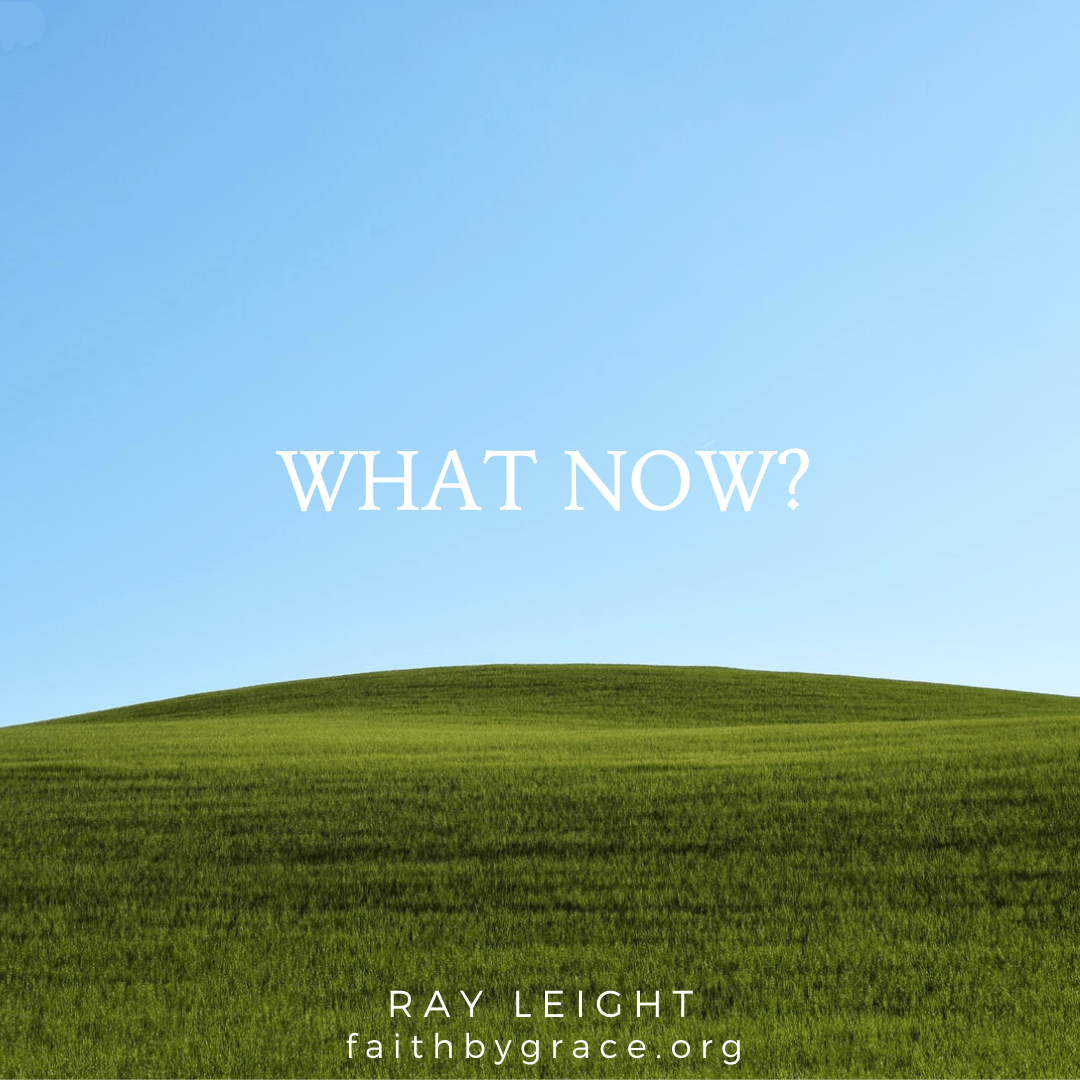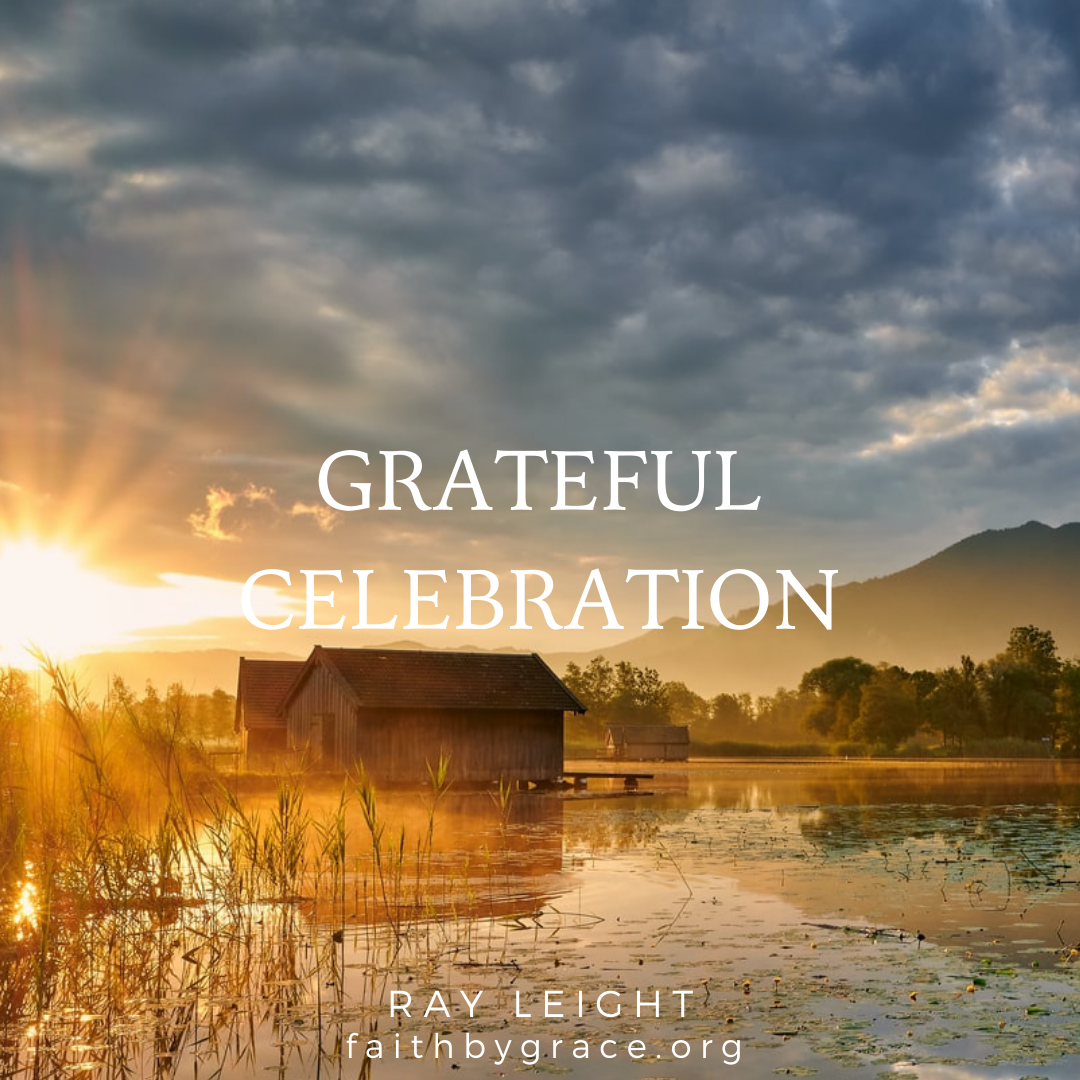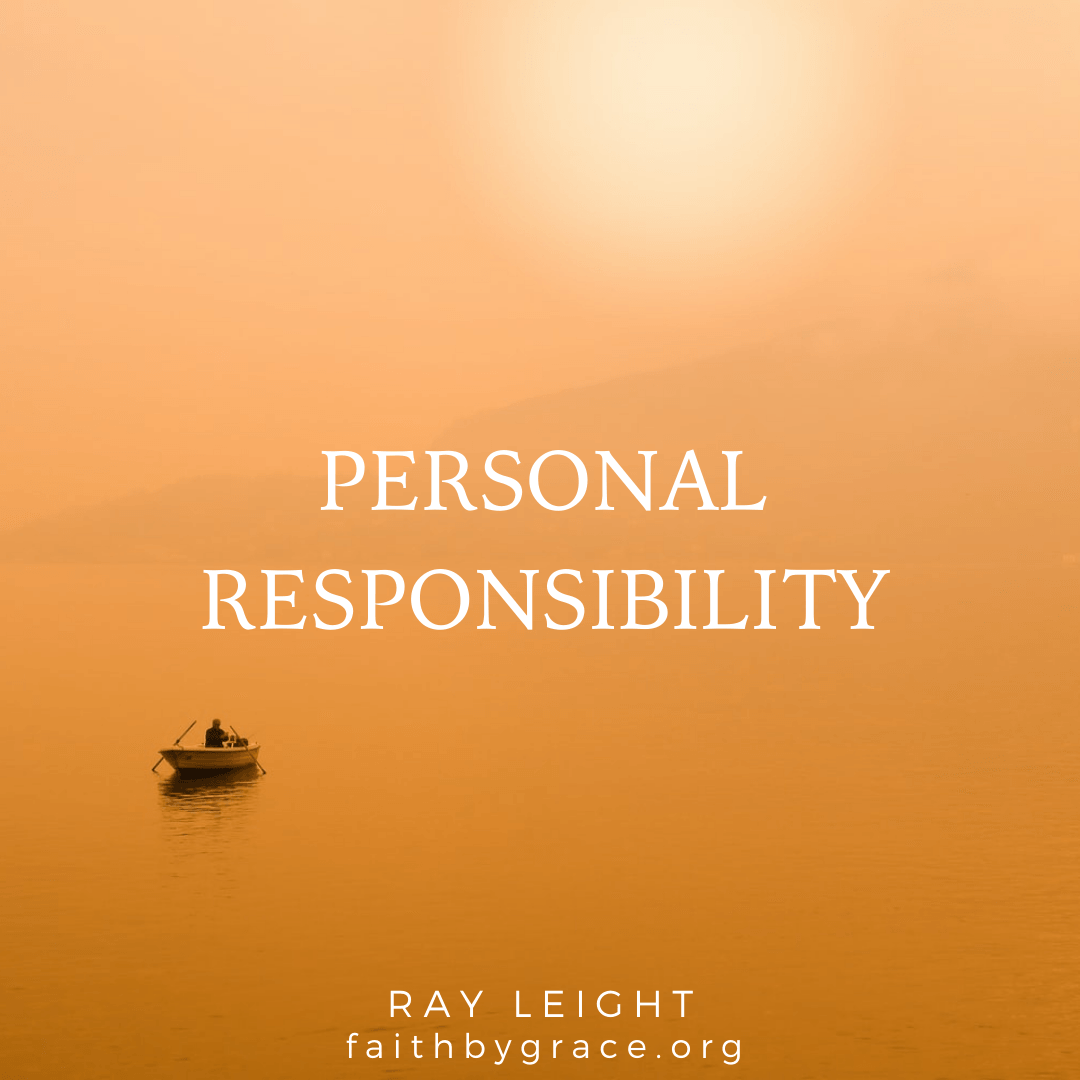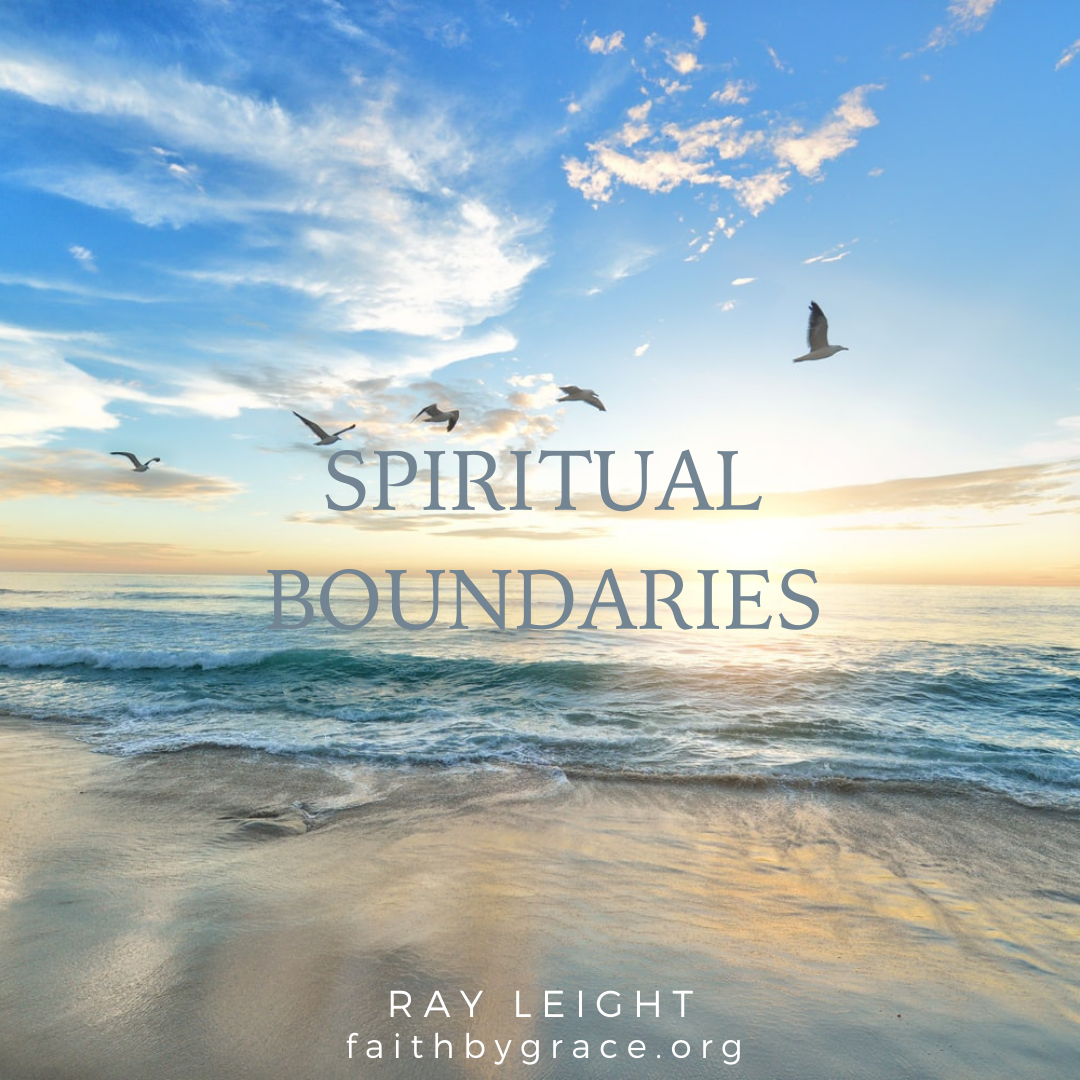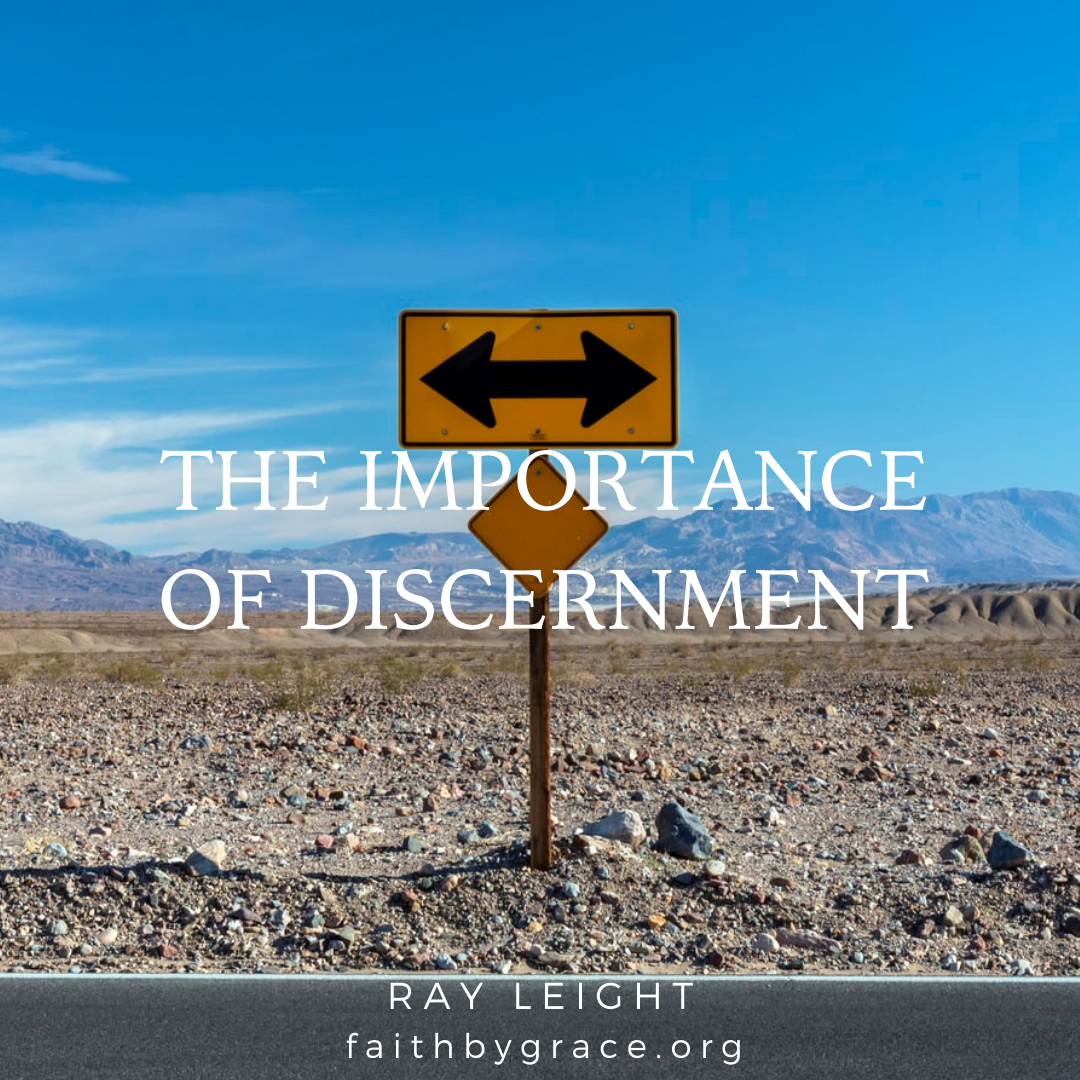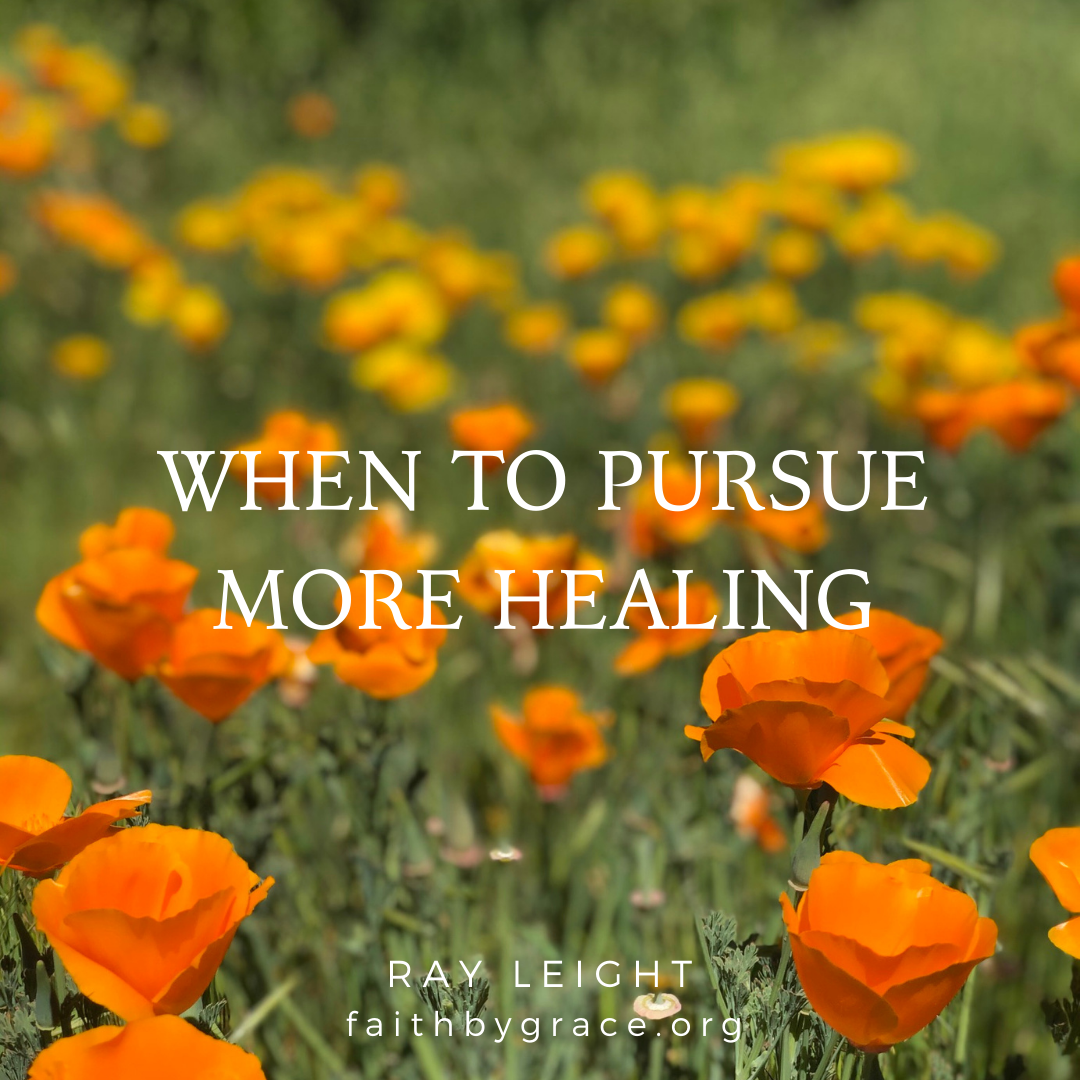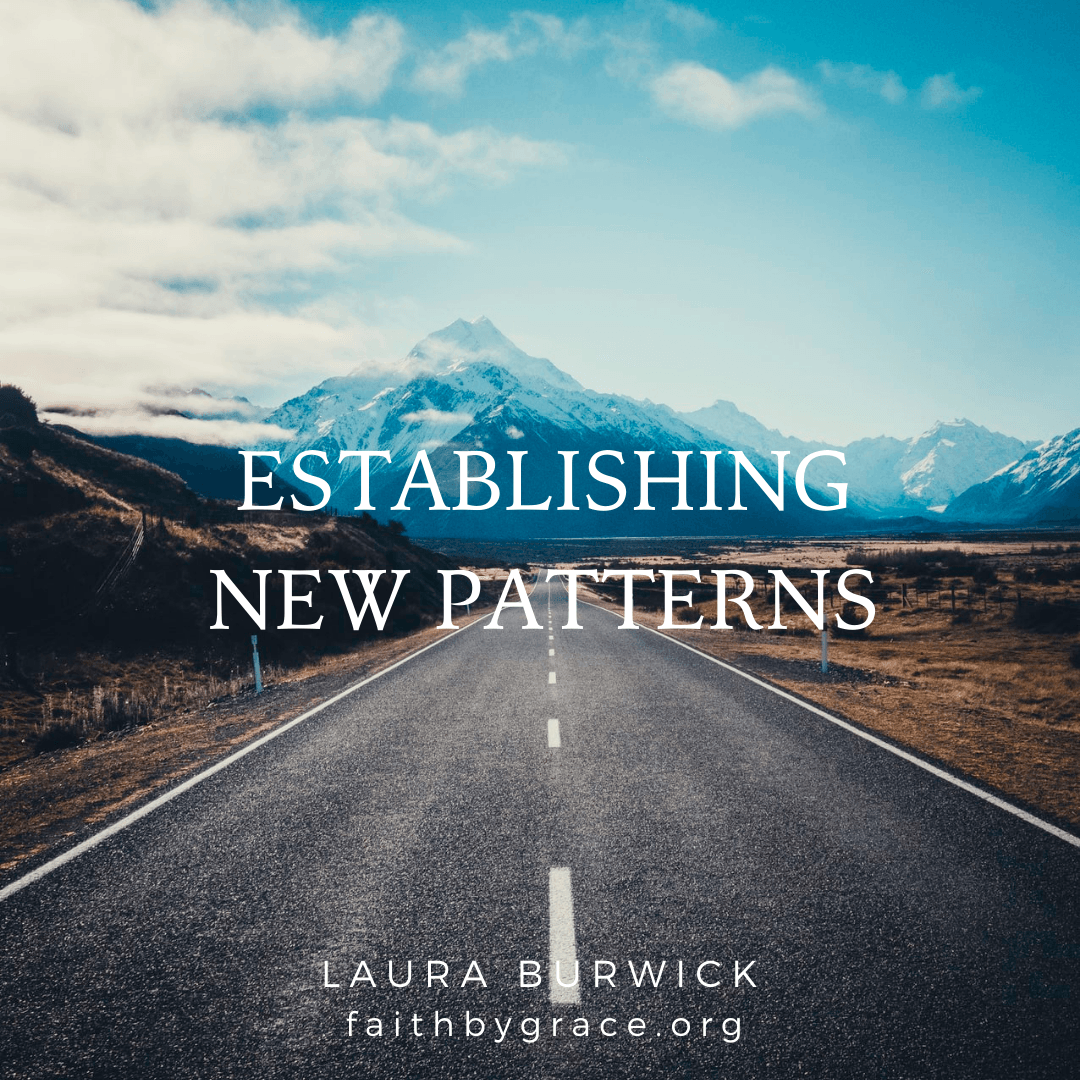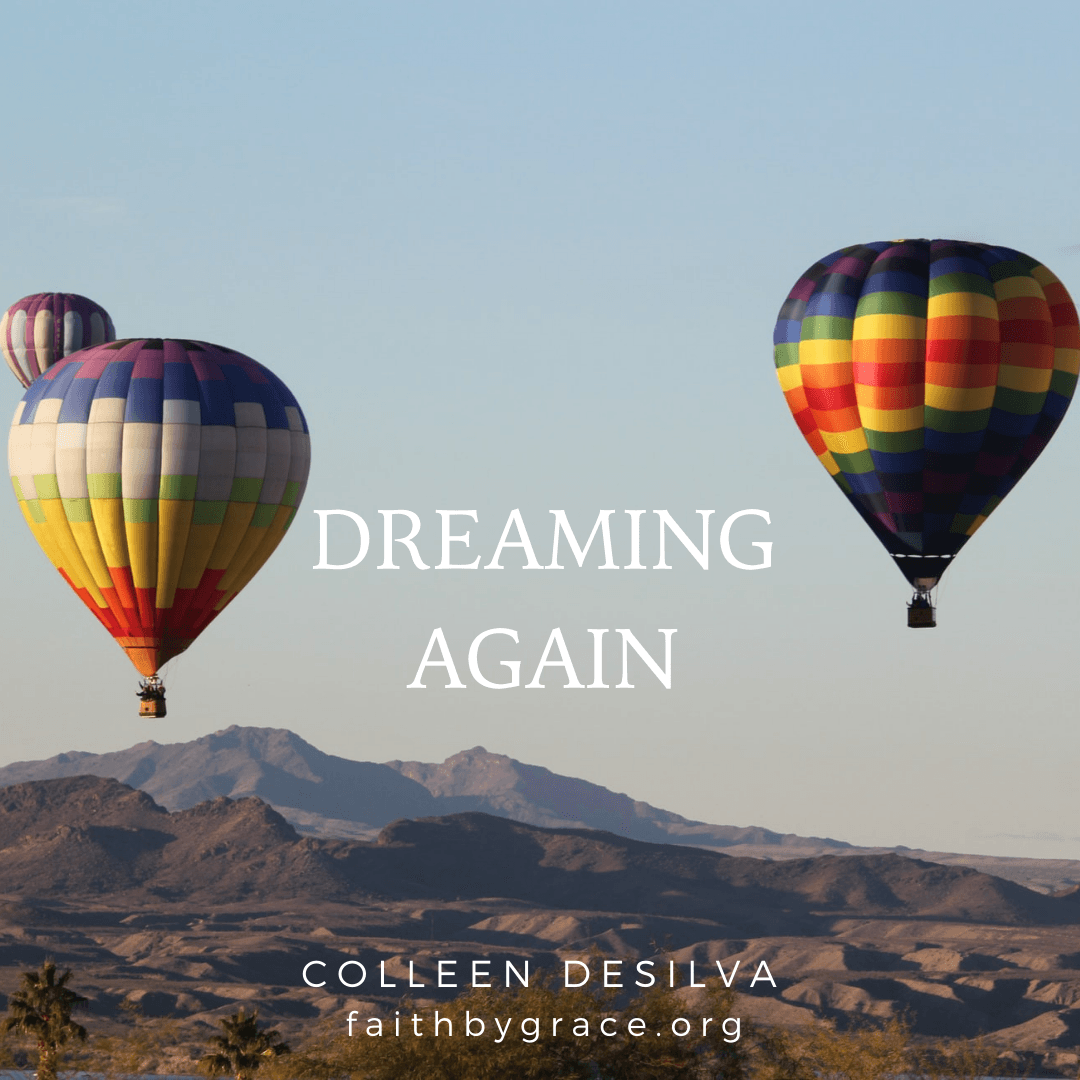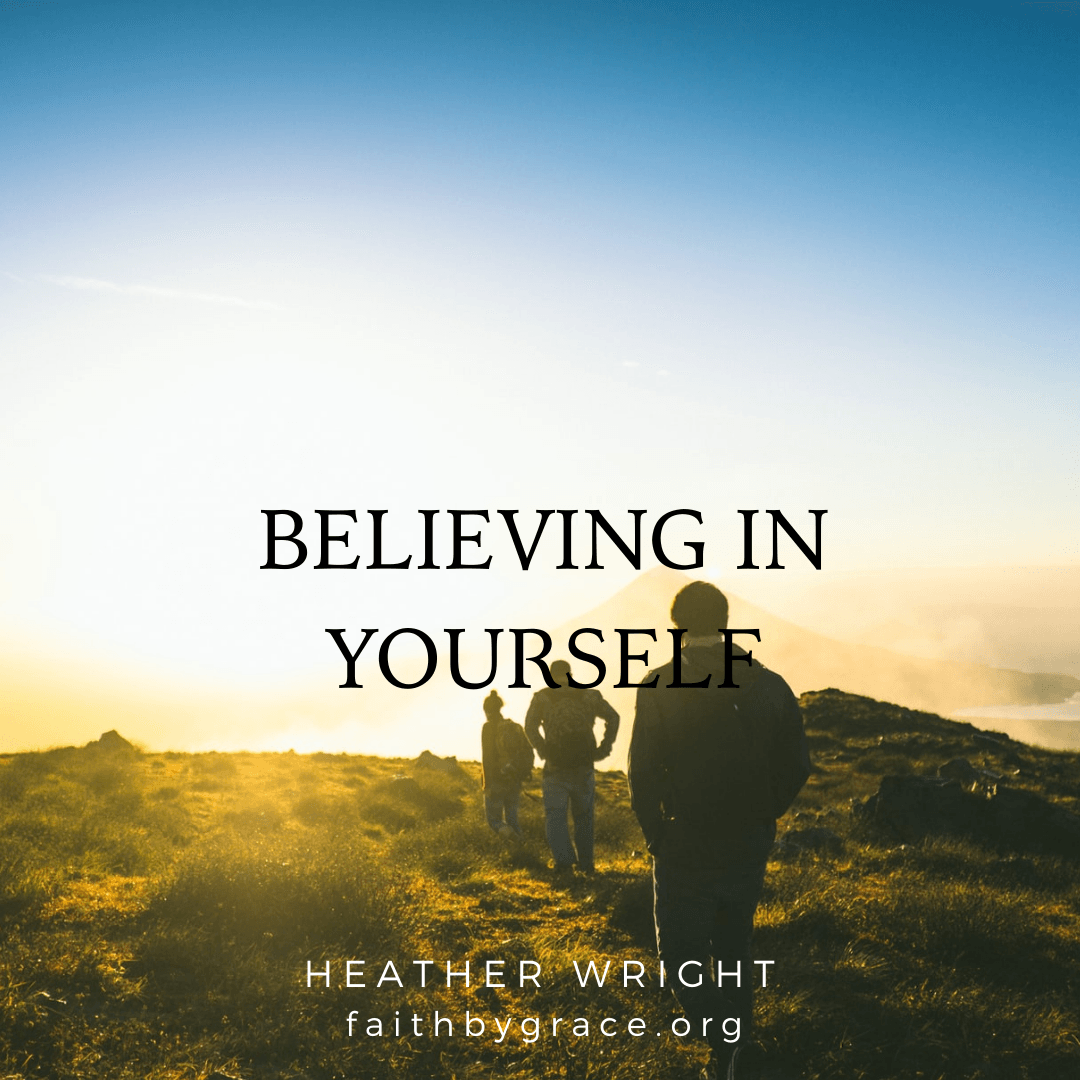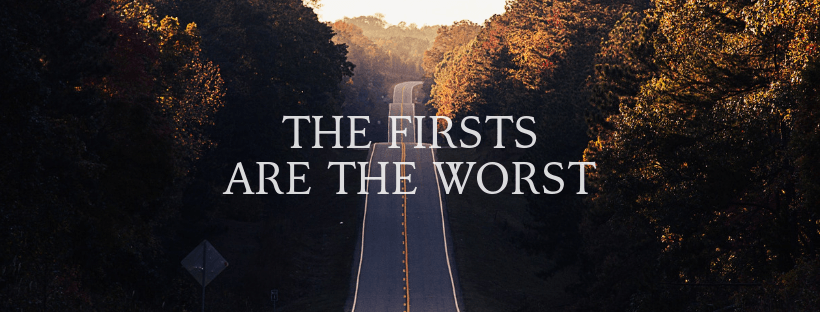The Firsts are the Worst
We have all had to experience life for the first time without…the person we love, the community we knew, our family, our favorite possession, or our familiar comforts. Loss can be challenging enough, but being reminded of it every time we have a new first experience can be miserable.
These first experiences, after a loss, can be triggering and extremely painful. We all have established cherished traditions that are significantly affected by our losses. It is almost unimaginable to experience holidays or special occasions without your loved one being there. It can also be difficult to experience traditions that were always celebrated in a home that you have lost. Even having to perform a menial task without the familiar surroundings and possessions you once had, can be troublesome.
I still remember how impactful it was to just make coffee
for the first time after our home burned down.
We had been displaced and were living in a hotel for weeks after the
fire. I didn’t have to make coffee for
myself that whole time. Once we were
settled back into a temporary home and I made coffee for the first time, it
triggered the loss of my morning traditions.
The mornings were a very special time for me. I would wake up before everybody else in the
house, make coffee, have time with the Lord, and work on whatever book I was writing
at that time. I would sit on the back
deck enjoying the mountain view and the California weather, along with a cup of
coffee in one of my favorite mugs. It
was glorious! All the different aspects
of that loss hit me the first time I made coffee after the fire.
Sometimes, we are not even aware of the sentimental
attachment until it hits. We can be
reminded of something we were not even remembering about our relationships or routines. The rituals we establish in our lives are almost
subconscious. We don’t always think
through them and have a set plan that we are conscious of. These first-time triggers can sneak up on us
and completely disrupt our lives. We can
think we are doing OK, and then suddenly we’re triggered back into the grief
and loss.
These first-time experiences do not have a time limit. It is easy to understand this happening for
the first year after a loss. The natural
cycles of the seasons, traditions, and holidays throughout the year will be
affected. Sometimes, it is several years
later when you engage in some activity for the first time since your loss. There isn’t something wrong with you if you
get triggered when this happens. It is
not a regression in your grieving process.
It is just a random first-time experience that reminds you of who, or
what you lost.
It doesn’t always have to be an established tradition or
event that is affected. It can be a
dream you had for yourself, and now you must go through it without the whole
picture of what you had hoped for. There
are multiple ways we can get triggered by first experiences. We don’t really have a choice. We will get triggered and we will be reminded
of our loss. After the trigger is when
we have a choice. We have the choice to deny
our emotions, distract ourselves, self-protect because of them, or even begin
to identify ourselves with them. We also
have the choice to confront our grief and process our emotions. Some choices are better than others.
I believe it is important to confront the emotions in these
triggering experiences. It is not
something to be afraid of. It is just something
to be aware of. If we are willing to
confront the pain and grief in these events, and allow ourselves to grieve,
they won’t have the same level of trauma and pain the next time. Little by little, we can transition from
focusing on the loss and begin to experience life again. As we continue to experience these events,
traditions, or holidays each year, the pain and grief will minimize. It is not about forgetting; it is about
living. You can live, thrive, and be
happy again. You don’t have to forget to
be free.
I am not saying that after the first experience, everything
will be great next time. I have noticed that
the firsts are the worst. Each
consecutive time we re-experience an event there are new aspects of that event that
are changing and growing. We begin to
adjust to the new normal and our focus on the pain of the loss is not as
intense.
The events of your life will never be the same after your
loss. It will be different. As we grow and change, so do our experiences. If you are repeatedly experiencing the trauma
of the loss with the same intensity as each trigger or event happens, please
get some professional help. It is
possible to live again, to thrive again, and to experience joy.
If you need help with these triggers, you may want to sign
up for my free email course that trains you with tools to live a lifestyle of
freedom. You will learn how to implement
the Three Steps to Life when you trigger so you can connect with God, confront
your emotions, and resolve your thoughts.
If you would like to be equipped to live a lifestyle of freedom, click here.
Blessings,
Ray
Sign Up for Finding a New Normal Resources
